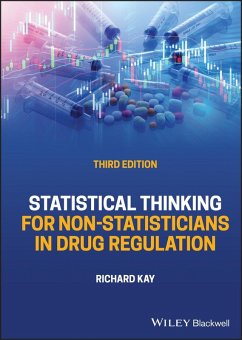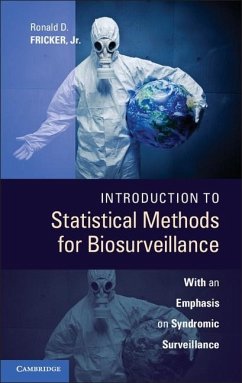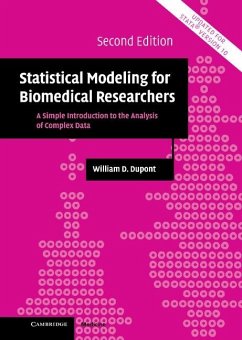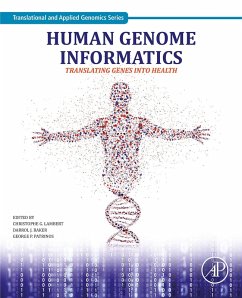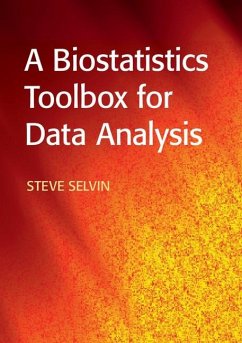
Advances in Statistical Bioinformatics (eBook, ePUB)
Models and Integrative Inference for High-Throughput Data
Redaktion: Do, Kim-Anh
Versandkostenfrei!
Sofort per Download lieferbar
88,95 €
inkl. MwSt.
Weitere Ausgaben:

PAYBACK Punkte
44 °P sammeln!
Providing genome-informed personalized treatment is a goal of modern medicine. Identifying new translational targets in nucleic acid characterizations is an important step toward that goal. The information tsunami produced by such genome-scale investigations is stimulating parallel developments in statistical methodology and inference, analytical frameworks, and computational tools. Within the context of genomic medicine and with a strong focus on cancer research, this book describes the integration of high-throughput bioinformatics data from multiple platforms to inform our understanding of t...
Providing genome-informed personalized treatment is a goal of modern medicine. Identifying new translational targets in nucleic acid characterizations is an important step toward that goal. The information tsunami produced by such genome-scale investigations is stimulating parallel developments in statistical methodology and inference, analytical frameworks, and computational tools. Within the context of genomic medicine and with a strong focus on cancer research, this book describes the integration of high-throughput bioinformatics data from multiple platforms to inform our understanding of the functional consequences of genomic alterations. This includes rigorous and scalable methods for simultaneously handling diverse data types such as gene expression array, miRNA, copy number, methylation, and next-generation sequencing data. This material is written for statisticians who are interested in modeling and analyzing high-throughput data. Chapters by experts in the field offer a thorough introduction to the biological and technical principles behind multiplatform high-throughput experimentation.
Dieser Download kann aus rechtlichen Gründen nur mit Rechnungsadresse in A, B, BG, CY, CZ, D, DK, EW, E, FIN, F, GR, HR, H, IRL, I, LT, L, LR, M, NL, PL, P, R, S, SLO, SK ausgeliefert werden.





